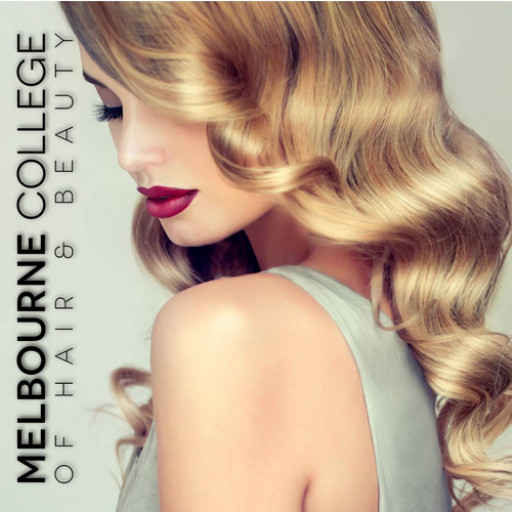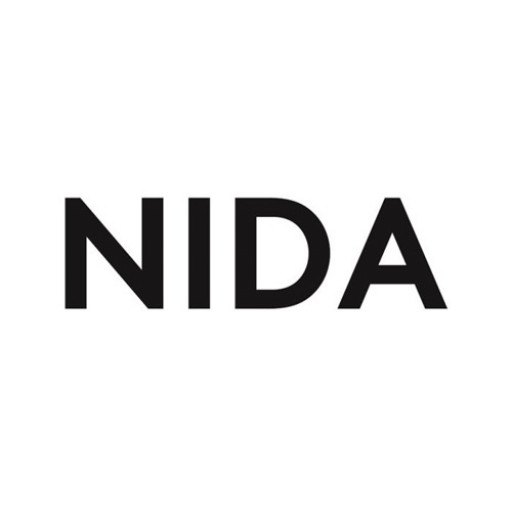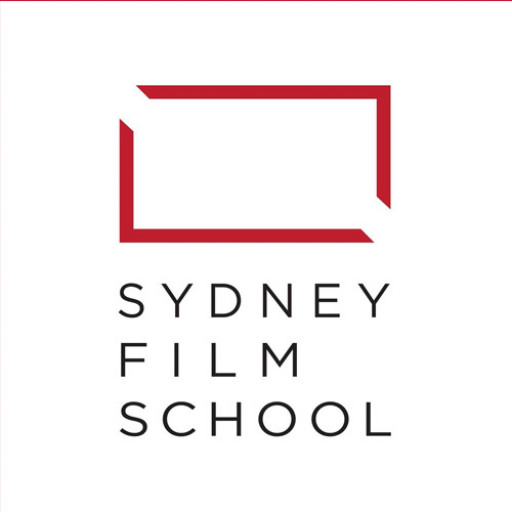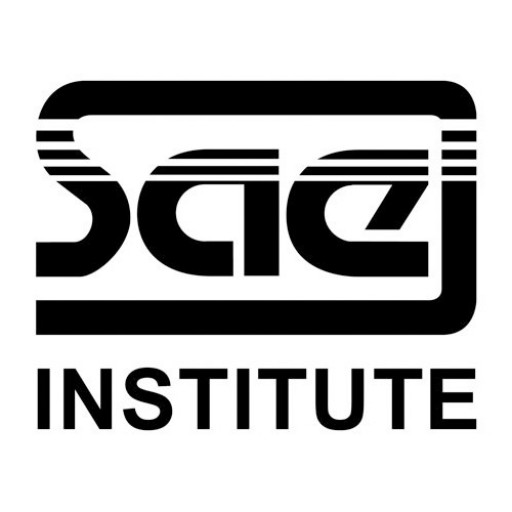This qualification reflects the use of those who possess a sound theoretical knowledge base and use a range of technical, specialized or managerial elements to plan, carry out and assess the task of self and/or team at the film, television, radio and interactive media industries.Licensing/Regulatory Information National Standard for Licensing Persons Performing High Risk WorkThe National Standard for Licensing Persons Performing High Risk Work applies to persons performing dogging and rigging work. Conclusion of the subsequent units is necessary for certification in either basic, intermediate or advanced levels:CPCCLDG3001A Licence to do doggingCPCCLRG3001A Licence to do undercover fundamental levelCPCCLRG3002A Licence to do rigging intermediate levelCPCCLRG4001A Licence to do rigging high level level.National Code of Practice for Induction for Building WorkSets and staging for some performances or events could fall within the meaning of structure work. If so, people going into the construction site are required to finish the entire induction training regime given by the National Code of Practice for Induction Training for Construction Work (Australian Safety Compensation Council, May 2007). Achievement of this device'CPCCOHS1001A Work in the construction sector' from the CPC08 Structure, Plumbing and Services Training Package fulfils this condition.
The Screen and Media program at Melbourne College of Hair and Beauty offers students comprehensive training in the dynamic fields of visual storytelling, film production, and media technology. This program is designed to equip students with the essential skills and knowledge required to succeed in the vibrant industries of film, television, digital media, and content creation. Throughout the course, students will engage in a blend of theoretical understanding and practical application, ensuring they develop both creative and technical competencies.
The curriculum covers a wide range of topics, including screenplay writing, storyboarding, camera operation, lighting techniques, sound recording, editing, and post-production. Students learn how to operate a variety of industry-standard equipment and software, preparing them for the technical demands of modern media production. The program emphasizes the importance of storytelling, visual communication, and audience engagement, guiding students to create compelling and professional media content.
Participants will have opportunities to work on various projects, from short films and commercials to digital content for social media platforms. This hands-on approach allows students to build an impressive portfolio, which is crucial for employment in the competitive media industry. The program also includes modules on media ethics, copyright laws, and the importance of maintaining safe working environments on set.
Melbourne College of Hair and Beauty ensures that students receive personalized instruction through small class sizes and industry-experienced trainers. The program aims to foster creativity, technical proficiency, and industry readiness, making graduates well-prepared to pursue careers as videographers, film editors, media producers, or content creators. Upon completion, students will possess a strong foundation to continue further studies or enter the workforce confidently.
Whether you are passionate about filmmaking, digital media, or television production, the Screen and Media program provides the essential skills, practical experience, and industry insight needed to turn your passion into a professional career.
Program Requirements for Screen and Media at Melbourne College of Hair and Beauty
To enroll in the Screen and Media program at Melbourne College of Hair and Beauty, applicants must meet specific entry criteria designed to ensure their suitability for the course. Prospective students are generally required to have completed secondary education equivalent to Australia's Year 12 qualification or demonstrate successful completion of relevant VET (Vocational Education and Training) qualifications. International students must provide evidence of English language proficiency, typically through a recognized test such as IELTS, with a minimum score of 5.5 overall, or equivalent qualifications accepted by the college. In some cases, prior experience in the media industry or related fields may be considered during the application process, particularly for mature-aged students.
Applicants are expected to submit a completed application form along with supporting documentation, which includes academic transcripts, proof of identity, and, if applicable, a portfolio showcasing previous work in media or related areas. The college may also require a personal statement or interview to assess the applicant's interest and motivation for pursuing the program, along with their creativity and technical aptitude.
Additionally, the program may have prerequisite knowledge or skills in areas such as digital media production, computer software relevant to the industry (such as Adobe Creative Suite), or prior exposure to film and video editing. While not mandatory, prior knowledge can enhance the student's learning experience.
For admission into the program, applicants must also meet the health and safety requirements set by the college, which may include mandatory vaccinations or medical clearance, particularly due to the hands-on production activities involved in the coursework. The college encourages diversity and inclusion and considers applications from all qualified individuals regardless of socio-economic background, provided they meet the basic entry requirements.
Once admitted, students are expected to participate actively in classroom activities, workshops, and practical projects designed to develop skills in film production, lighting, sound, editing, and digital media management. Successful completion of the program requires passing all assessments, including practical projects, theoretical exams, and participation in industry placements or internships if applicable. Graduates will be equipped with the technical skills, creativity, and industry knowledge necessary to pursue careers in various areas of media and film production.
The college recommends applicants review the full entry requirements on their official website and contact admissions advisors for personalized guidance, particularly if they have non-standard qualifications or special circumstances. It is also advisable for prospective students to stay informed about any updates or changes to application procedures or criteria, especially in relation to current health guidelines or industry standards.
The Melbourne College of Hair and Beauty offers various financing options to support students undertaking their Screen and Media programs. Students can access a range of payment plans designed to make education more affordable and manageable. These options include upfront payments, installment plans, and government funding support where applicable. The college often provides flexible payment arrangements, enabling students to divide their tuition fees into manageable installments over the duration of the course. Additionally, students may qualify for government student loans such as VET Student Loans, which help cover tuition fees for eligible courses. VET Student Loans are subject to eligibility criteria and government approval, and they allow students to defer payment until after graduation, easing the financial burden upfront. The college also provides guidance on applying for scholarships and bursaries, although specific information about available scholarships for Screen and Media programs is not detailed. Financing options and policies are designed to ensure students can focus on their studies without undue financial stress. Students are encouraged to contact the college’s administration or finance department for detailed information on current payment plans, eligibility requirements, and application procedures. It is recommended that prospective students review all financing terms before committing to the program to understand their obligations fully. The college remains committed to supporting students through affordable fee structures, flexible payment options, and available government funding programs to facilitate access to quality education in the Screen and Media discipline.
The Screen and Media program at Melbourne College of Hair and Beauty is designed to provide students with a comprehensive understanding of the fundamental aspects of the media industry, with a particular focus on screen-based media and related creative fields. The program aims to equip students with the practical skills and theoretical knowledge necessary for entry into the dynamic and rapidly evolving media sector. Students will engage with various aspects of media production, including film and video shooting, editing, scriptwriting, and digital media techniques. The curriculum is structured to foster creativity, technical proficiency, and critical thinking, enabling graduates to pursue careers in filmmaking, television production, digital media, or related fields.
Throughout the course, learners will have access to state-of-the-art facilities and industry-standard software, offering hands-on experience that mirrors professional environments. The program emphasizes practical projects, collaborative work, and industry engagement to ensure students are prepared for real-world challenges. Additionally, coursework may include topics such as media law and ethics, audience analysis, storytelling principles, and media distribution strategies. The faculty are experienced industry professionals dedicated to mentoring students and facilitating connections within the media industry.
Upon completing the program, students can expect to possess a diverse skill set, including visual storytelling, media production, technical editing, and communication skills. This prepares them for entry-level roles in media production companies, broadcasting organizations, film studios, or freelance media work. Melbourne College of Hair and Beauty's reputation for practical training and industry alignment makes it a suitable choice for aspiring media professionals. The program is tailored for those passionate about visual storytelling, digital content creation, and media innovation, offering a pathway towards a creative and fulfilling career in the screen and media industry.








